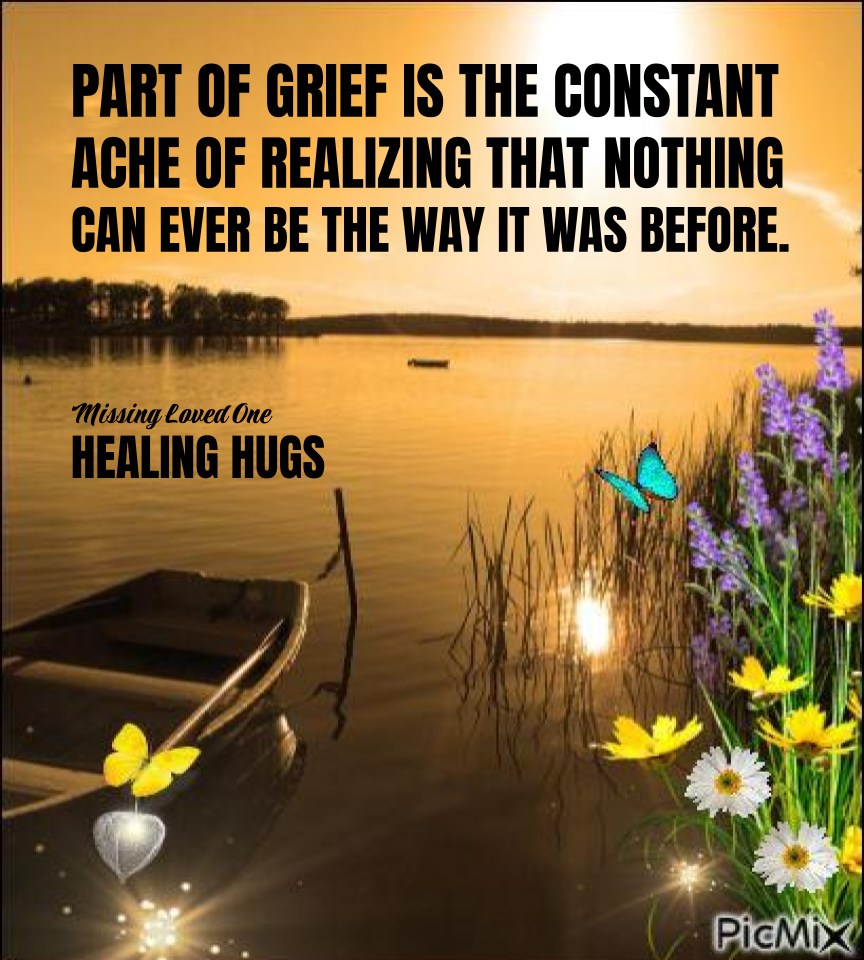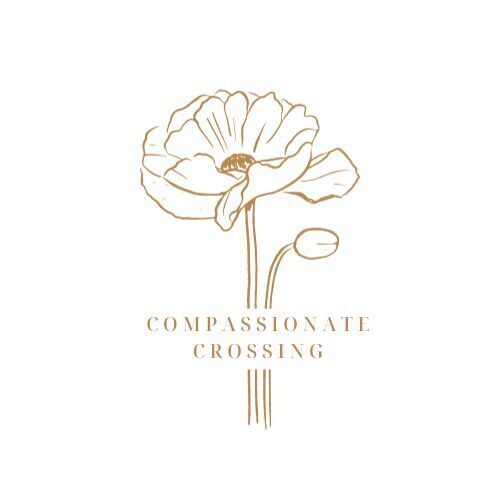When we lose someone or something important, we may feel overwhelmed by the reality of our loss. We may try to deny or avoid the painful truth, hoping it is invalid or will go away. This is a natural and common reaction, and it can help us cope with the initial shock and grief.
Denial is not a sign of weakness or irrationality. It is a way of protecting ourselves from being overwhelmed by emotions we are not ready to face. Denial can help us maintain a sense of normalcy and function in our daily lives. It can also give us time to process our loss and prepare for the following stages of grief.

However, denial can also become unhealthy if we cling to it too long or use it to avoid dealing with our feelings and reality. If we deny our loss, we may miss out on the opportunity to heal and grow from our experience. We may also isolate ourselves from others who can support us and help us cope. Denial can prevent us from accepting our loss and moving forward.
Therefore, it is essential to recognize when we are in denial and when we need to face our loss. Some signs that we may be in denial are:
- Refusing to acknowledge or talk about our loss
- Acting as if nothing has changed or everything is fine
- Minimizing or rationalizing our loss
- Avoiding reminders or triggers of our loss
- Feeling numb or detached from our emotions
- Seeking distractions or escapes from our pain
If we notice these signs, we may seek professional help or talk to someone we trust about our loss. We may also want to find other ways of coping with our grief, such as journaling, meditation, therapy, support groups, etc. These can help us express and process our emotions, find meaning and purpose in our loss, and eventually accept and adapt to our new reality.
Denial is not a permanent state. It is a temporary stage that can help us cope with a difficult loss. However, it is not the only stage or the final destination. We must move through denial and face our loss to heal and grow from it.

Thank you for writing this post. I had a shocking and Heart-crumbling loss at the start of 2023. I don’t believe I’ve experienced denial although I appreciate your knowledge about the stages of grief (although I’ve read there isn’t any specific order we process grief in, I’m deeply interested in the topics). I’m interested to learn about the other four. Have you written a post about these also?
I have written about the other stages of grief on the website.
And you are correct, there is no linear order to the stages, and they can repeat.
Thank You for reading, and my Heart to you in your loss.
Shaunna